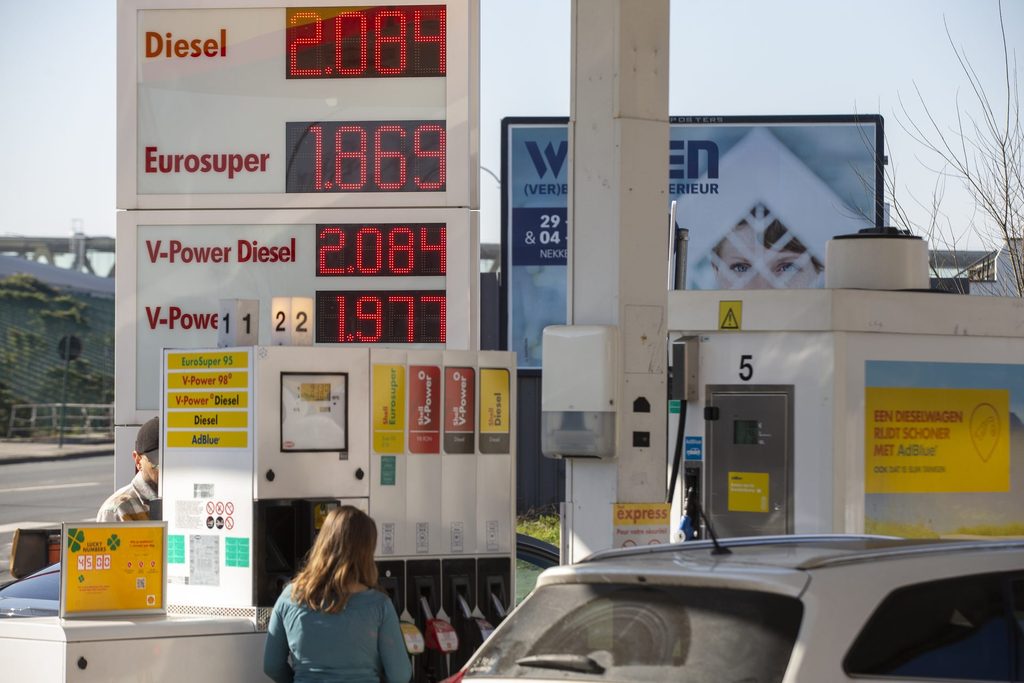New cars have never been cleaner than those sold during the first half of this year, however, petrol engines still dominate the car market in Belgium.
After two years for the Belgian car dealers to forget, monthly new car registrations have increased without interruption since last year, the latest figures of the vehicle market in the first half of 2023 published by the automotive industry federation Febiac showed.
The federation highlighted that the average CO2 emissions of new cars registered on the Belgian market are now at an all-time low, sitting at 90g/km – a 14.3% drop compared to 2022.
"This is a side effect of a market largely dominated by professional customers who increasingly prefer electric and hybrid powertrains."
Combustion engines still most popular
Petrol engines still account for the lion's share of the market (45.8%), and air pollution. This type of vehicle remains especially popular among private individuals, driven by the belief that they are much cheaper than less polluting vehicles. It also remains the preferred choice even among professional customers.
However, hybrid engines are steadily gaining ground for new professional vehicles as companies look to benefit from tax incentives that promote less polluting vehicles. Since July changes to the taxation of company cars has phased out tax deductibility for new company cars with combustion engines.
Related News
- Quarter of Walloon car fleet at risk of being scrapped
- Belgian cities not ready for switch to zero-emission mobility
Across the entire Belgian market, hybrids (PHEV & HEV) were the second most sold with a 26.8% market share, followed by cars with an electric engine (16.5%). Diesel vehicles continue to lose ground, accounting for just 10% of the market.
The industry again sounded the alarm about the charging infrastructure, warning that with the greening of the company car fleet, the automotive sector expects 2 million electric vehicles to be driving around Belgium by 2030. This means some 200,000 public charging points will be needed in Belgium by 2030, up from the current 30,000, of which the majority is located in Flanders.

